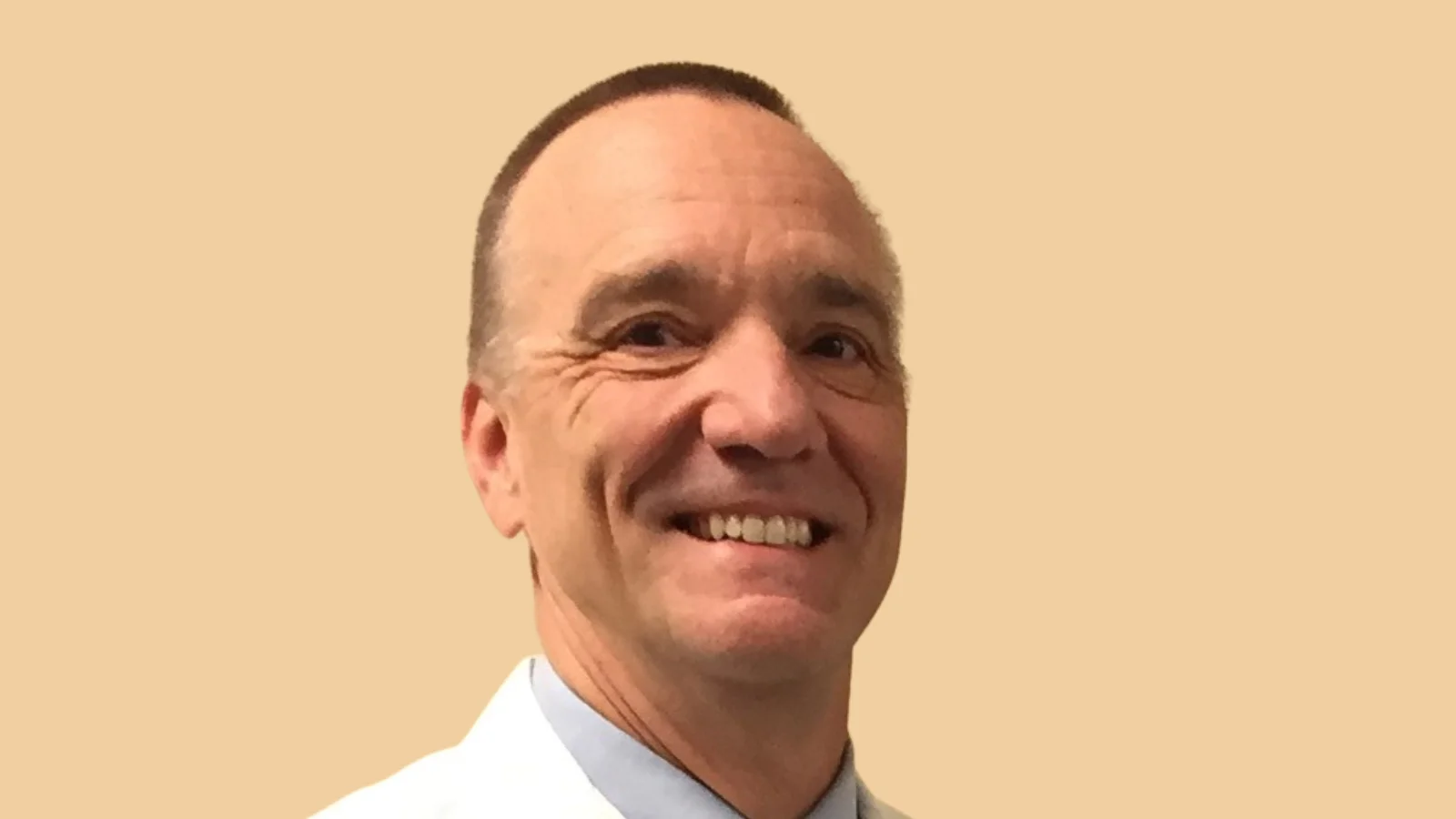Roy Elfrink, General Surgery | Fitzgibbon Hospital Marshall
Roy Elfrink, General Surgery | Fitzgibbon Hospital Marshall
Agricultural workers in Missouri are at a higher risk for skin cancer due to increased exposure to ultraviolet (UV) radiation, according to federal health officials and local medical professionals. The Centers for Disease Control and Prevention (CDC) reports that nearly 5 million people receive treatment for skin cancer each year in the United States, with 97,059 new melanoma cases diagnosed in 2022. This issue is particularly relevant for Saline County, which has the state's second-largest farm economy.
Dr. Roy Elfrink, a general surgeon at Fitzgibbon Hospital who regularly treats skin cancers, said, "We see a steady stream of patients with skin cancers that could have been prevented. Many of our agricultural workers spend decades in the sun without adequate protection, and we're treating the consequences."
CDC research published in Preventing Chronic Disease indicates that outdoor workers such as those in agriculture and construction face higher risks for skin cancer because of their significant UV exposure. International studies also show an increased rate of melanoma among agricultural workers compared to the general population.
Despite these risks, many agricultural workers do not use sufficient sun protection. According to data from the National Health Interview Survey by the National Center for Health Statistics, about one-third of agricultural workers reported experiencing at least one sunburn in the past year. Sunscreen use among this group ranged from only 15.1% to 21.4%, which is lower than national averages. While most agricultural workers report using some form of sun protection, few consistently use multiple protective methods.
Elfrink emphasized prevention strategies: "We encourage our agricultural community to use broad-spectrum sunscreen with SPF 30 or higher, wear wide-brimmed hats and long sleeves when possible, and schedule outdoor work to avoid peak sun hours between 10 a.m. and 4 p.m." He noted that prevention requires a comprehensive and consistent approach.
The CDC recommends employers play a role by raising awareness about sun-exposure risks and providing resources like protective clothing and sunscreen.
Early detection is also important. The American Cancer Society advises regular self-examinations of the skin and annual professional checks for those with high sun exposure. Signs that may indicate concern include new growths, changing moles or sores that do not heal.
For those in Saline County's farming community, preventing skin cancer is considered an occupational necessity as well as a health practice. Residents are encouraged to consult their primary care provider if they notice suspicious spots on their skin; if needed, they can request referral to Dr. Roy Elfrink at Marshall Surgical Associates for further evaluation or removal of lesions locally.






 Alerts Sign-up
Alerts Sign-up